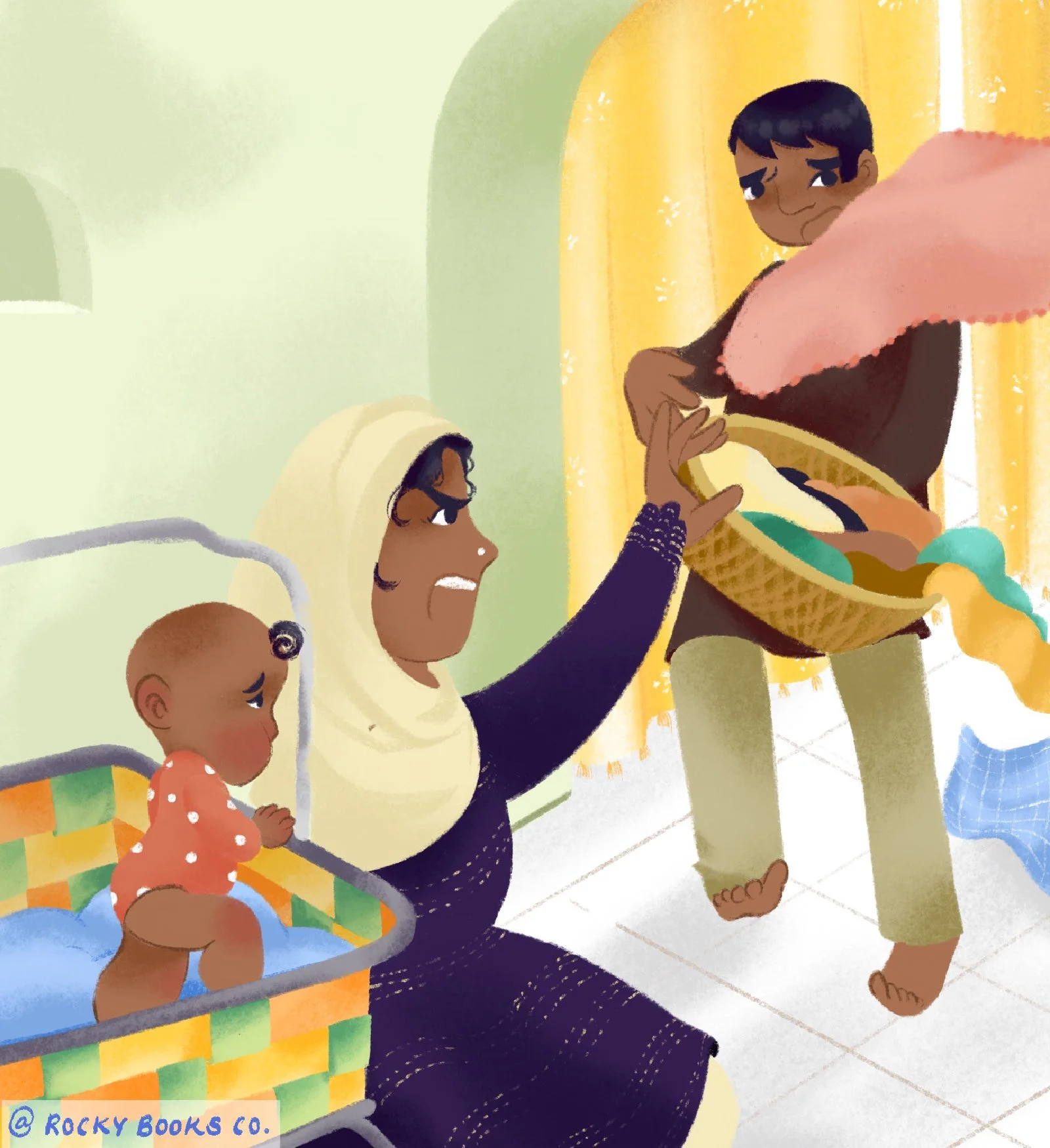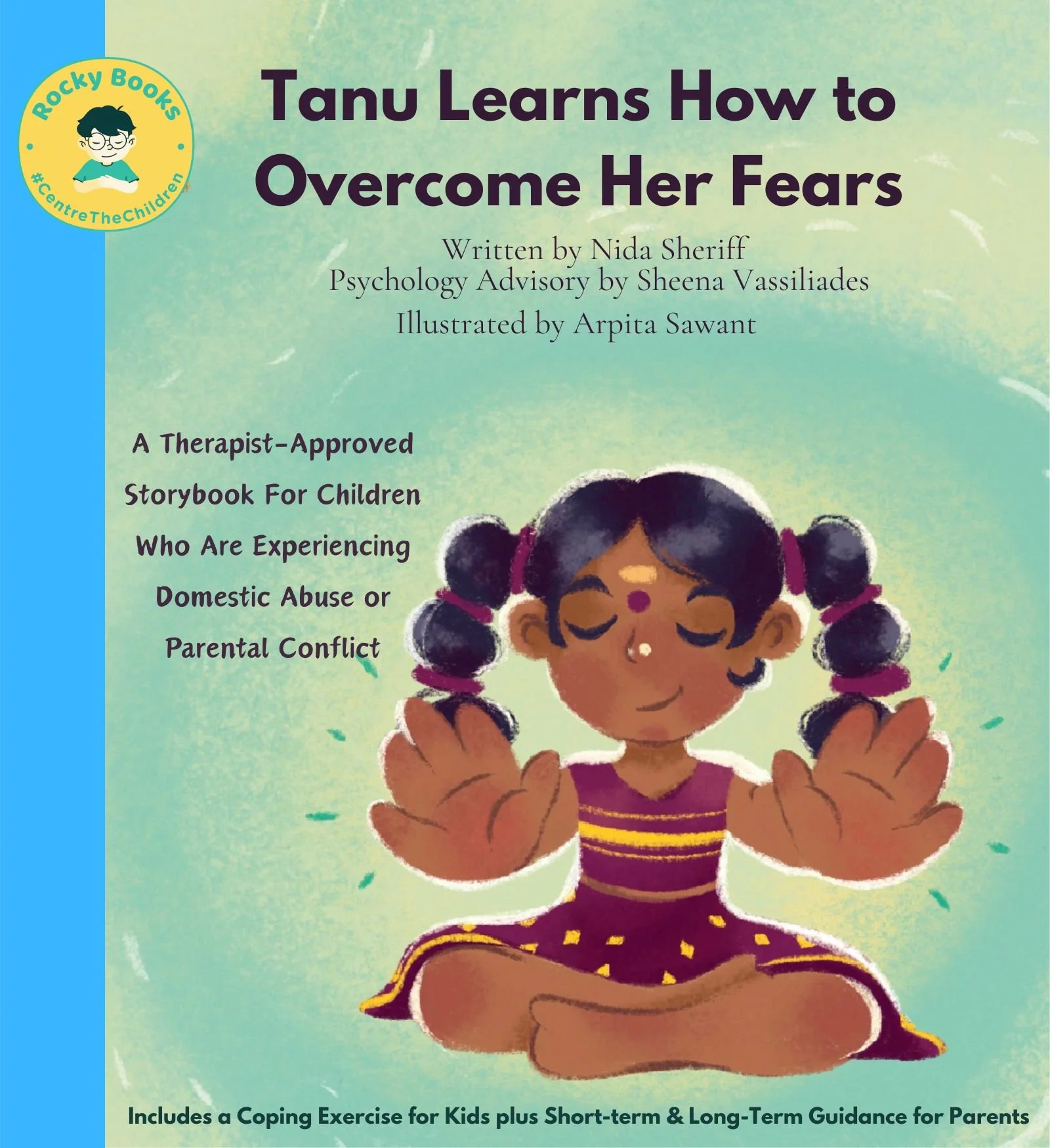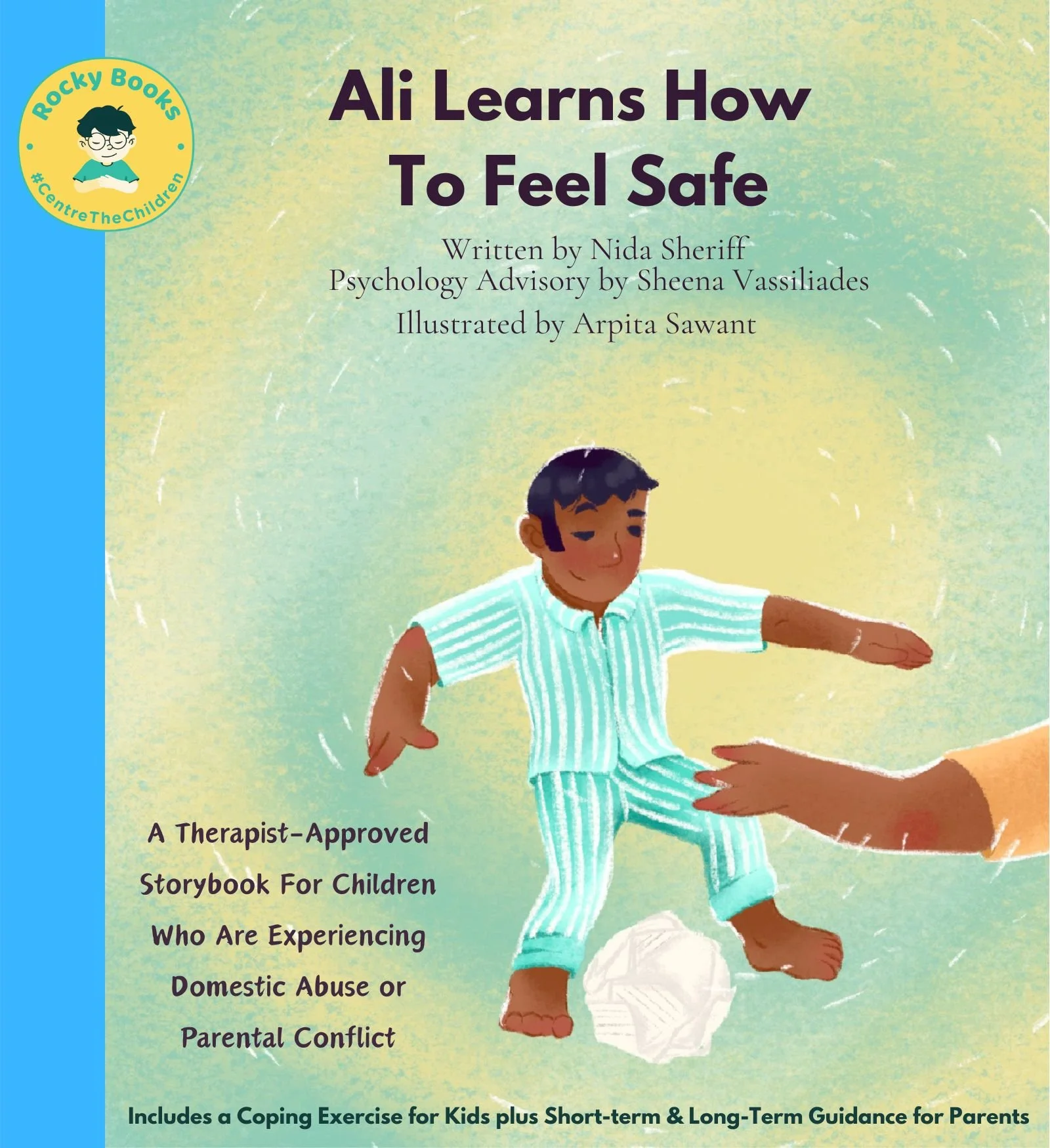The Effects of Domestic Abuse on Children
What is domestic abuse?
Domestic abuse is defined as violence or abuse that occurs within a domestic setting, i.e. at home or within a family/intimate circle. There is usually a close relationship between the perpetrator and the victim. The UN defines domestic abuse as a pattern of behaviour in any relationship that is used to gain and maintain power and control over an intimate partner.
Perpetrators of domestic abuse can include:
Immediate family members
Partners and ex-partners
Other relatives
People living in the same household, eg. roommates
Close friends
Domestic abuse is also known as “domestic violence” or “intimate partner violence”.
What are Adverse Childhood Experiences?
Domestic abuse is considered an Adverse Childhood Experience (ACE). Adverse Childhood Experiences or ACEs are potentially traumatic events that occur in a child’s life between the ages of 0-17 years. ACEs can have long-term negative effects on a child’s mental and physical health and wellbeing, well into adulthood.
Types of domestic abuse
While physical abuse may be the most recognised form of domestic abuse, there are several other forms that abuse can take.
1. Physical abuse
Physical violence such as hitting, slapping, punching, strangling, kicking, pulling hair, pushing.
Throwing objects at someone.
Damaging personal property.
Using weapons to threaten or coerce.
Controlling the victim’s medication or medical treatment.
Forcing someone to consume drugs or alcohol.
2. Emotional abuse
Verbal abuse includes shouting, insulting, name-calling, putting someone down.
Criticising someone constantly.
Belittling someone’s achievements.
Intimidating someone.
Bullying.
Extreme jealousy.
Isolating someone from family and friends.
Controlling where someone goes and who they meet.
Stalking and harassment.
3. Sexual abuse
Sexual assault/rape.
Forcing a partner to have sex with other people (sex trafficking).
Hurting a partner during sex.
Coercing a partner to have sex without protection.
Lying about using protection/sabotaging birth control.
Controlling a partner’s birth control.
4. Financial abuse
Controlling a partner’s money and bank account.
Limiting how much money a partner can spend.
Affecting a partner’s ability to work.
Disrupting a partner’s work.
Harassing a partner at their workplace.
5. Technological abuse
Demanding to know a partner’s phone or email passwords.
Accessing a partner’s private accounts without their consent.
Installing spyware onto a partner’s phone to monitor their location or who they talk to.
Using AI or deepfake technology to doctor images of a partner.
Using revenge porn to control or blackmail a partner.
6. Abuse by immigration status
Destroying or withholding immigration papers.
Preventing a partner from learning the local language or making friends.
Threatening to have a partner deported.

The Effects of Domestic Abuse on Children
Children may experience domestic abuse in two ways:
Children may experience domestic abuse directly at the hands of a perpetrator.
Children may witness the domestic abuse of a parent or other family member.
This can also be referred to as Childhood Domestic Violence or CDV. Witnessing domestic abuse is considered a form of child abuse and can have the same detrimental short and long-term effects on children as experiencing abuse firsthand.
In some cases, children may be in the same room when the abuse happens. In other cases children may hear or be aware of abuse taking place in other parts of the home, such as hearing shouting or yelling, objects breaking, and other forms of violence. Children may also see the consequences of the abuse such as injuries or the victim seeming upset.
Although many parents believe their children are not aware of abuse taking place in the home, children are extremely perceptible and may be aware of the abuse. While they may not know exactly what is happening, children may be able to pick up on the fact that something is not right.
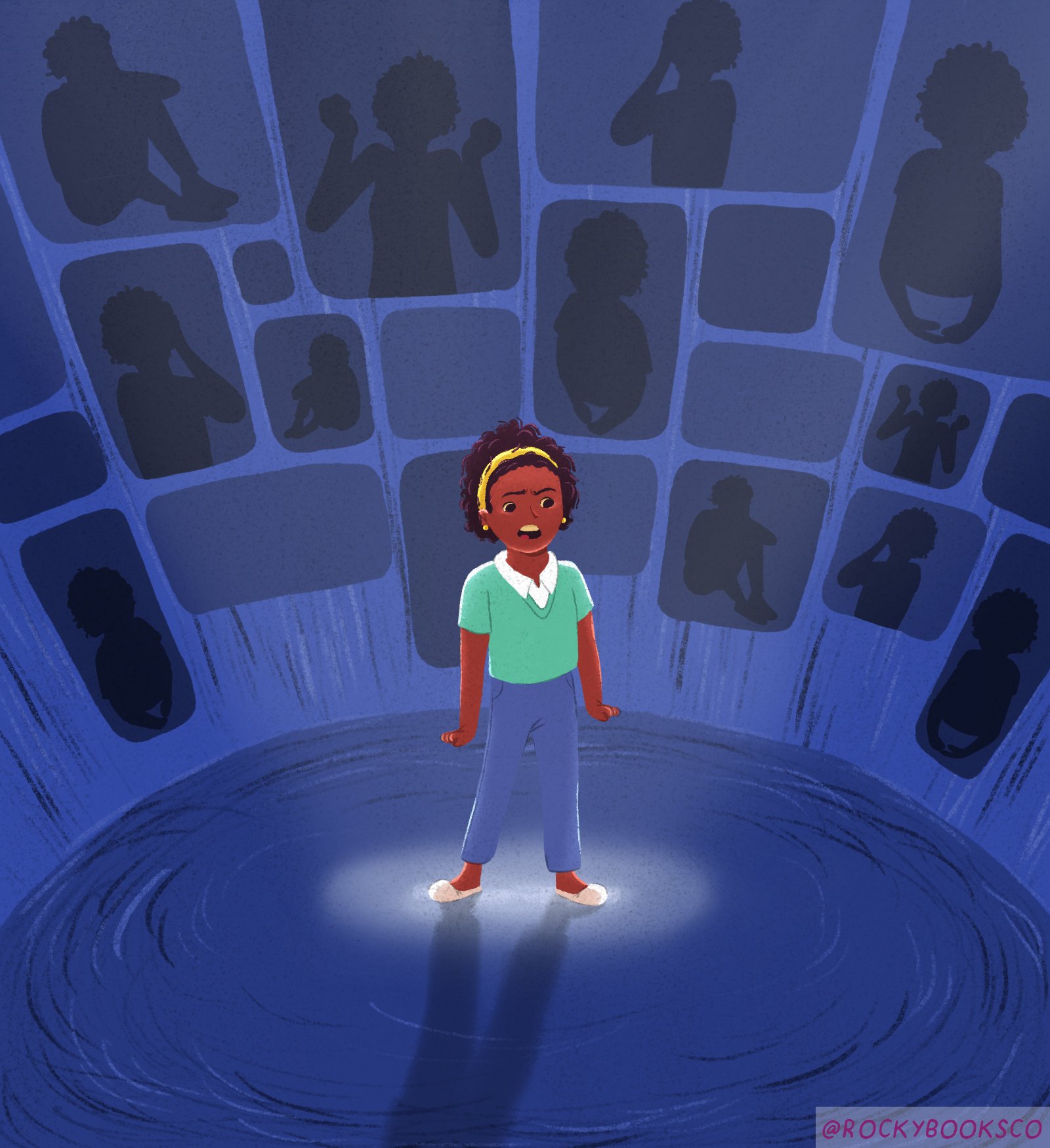
Short-term effects of experiencing domestic abuse on children
For very young children this could include:
Bedwetting.
Thumb-sucking.
Increased crying or being upset all the time.
Being afraid, hiding, or stuttering.
Difficulty falling asleep.
Separation anxiety.
For school-age children,this could include:
Stomach aches or headaches.
Regressive behaviours.
Worsening grades at school.
Lack of interest in school activities.
Disinterested in playing with friends.
Getting into trouble at school.
Feeling guilty or blaming themselves for the abuse.
Lower self-esteem and confidence.
For teenagers, this could include:
Feeling depressed or anxious.
Acting out in negative ways like skipping school.
Displays of aggressive behaviour like starting fights or arguing with authority figures.
Engaging in risky behaviours such as using alcohol or drugs.
Engaging in risky sexual behaviour.
Long-term effects of experiencing domestic abuse on children
How does domestic violence affect children’s development?
Experiencing or witnessing domestic abuse as a child can have severely detrimental long-term effects well into adulthood. These may include issues affecting their mental and physical health, relationships, self-worth, and the continuation of the cycle of abuse.
Physical health issues
As adults they may develop a greater risk of developing obesity, diabetes, heart disease, or ageing prematurely.
How does domestic violence affect children’s mental health?
Mental health issues
Adults who experienced childhood domestic abuse as children often have a higher risk of developing mental health issues like depression and anxiety.
Children who have experienced domestic violence are often diagnosed with Post-traumatic Stress Disorder.
They may develop a higher risk of suicide as adults.
They are more likely to engage in personally harmful or high-risk behaviours, such as smoking, eating disorders, substance abuse, and unprotected sex.
How does domestic violence affect a child’s social development?
1. Relationship issues
Adults who experienced domestic abuse as children may have difficulty maintaining relationships.
They may have insecure or avoidant attachment styles.
As adults they may find it difficult to make new friends or form deep bonds with people.
2. Self-worth issues
As adults they may have low self-worth and self-confidence.
3. Repeating the cycle of violence
Most adults who experienced childhood domestic violence may repeat the cycle of abuse in their future relationships.
Boys who see their mother being abused by their father are 10 times more likely to continue the cycle of violence with their future partner.
Growing up with childhood domestic violence puts people at a higher risk of being the victim of an abusive partner, especially girls.
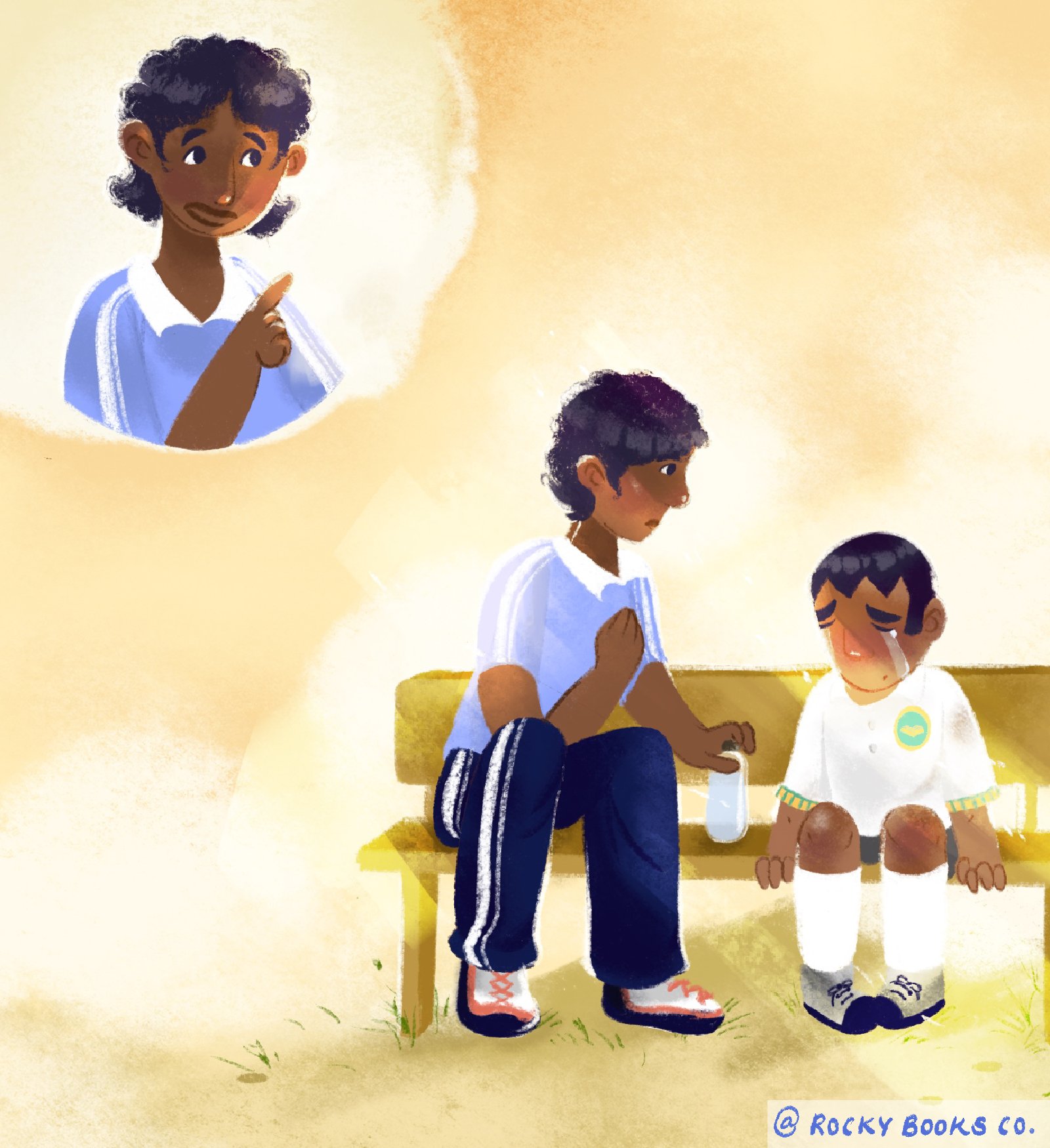
Signs to look out for in children who have experienced domestic abuse
In many cases, it can be difficult to know when a child is experiencing domestic abuse. Here are some signs or indicators that domestic abuse is taking place at home to look out for. You may notice changes in behaviour in the child. This is normal, and a way for the child to cope with what they are experiencing.
Signs to look out for include:
Suddenly withdrawn or detached.
Anxious or depressed.
Throwing tantrums.
Issues with schoolwork or worsening grades.
Getting sick more often or frequently.
Aggressive behaviour or acting out violent scenes.
Frustration.
Suicidal thoughts or talking about suicide.
Drug or alcohol use.
Bullying other children.
Seeming detached to parents/family members.
Scared or refusing to go home.
Regressive behaviour like bed-wetting or thumb-sucking.
Frequent nightmares.
Difficulty falling asleep.
Separation anxiety.
Difficulty making friends.
Difficulty communicating needs.
Easily frightened or nervous.
How does domestic violence affect children’s behaviour?
When a child's basic needs—such as safety, stability, and emotional support—are not met in an environment of domestic abuse, it can lead to various emotional and behavioural challenges, even though parents try to shield them from it, including:
Attention-seeking behaviours:
Seeking validation or care outside the home, at daycare or school.Detachment or isolation:
Withdrawing from others, including friends, neighbours or siblings to protect themselves.Overly extroverted behaviour:
Acting out to gain attention or control.Disobedience and aggression:
Acting out in response to fear or frustration.Self-harm:
Using harmful behaviours to cope with emotional pain.Mimicking harmful behaviours:
Copying the negative behaviours witnessed in the home.Stealing or lying:
Engaging in dishonest behaviours as a coping or distraction mechanism.Conflict between parents and others: Navigating complex relationships within the household by ‘trailing’ them with external figures such as a teacher or sports coach.
These reactions are often signs that the child is struggling to process and cope with the stress of their environment, even though it is not a parent’s fault. Providing consistent support, reassurance, appropriate resources and professional help can help address these behaviours and support the child’s healing.

How can we support children who have
experienced trauma through domestic abuse?
Being able to recognise and acknowledge adverse experiences for children is the first step towards providing support to help them cope with trauma. Once identified, the next step would be to put in place a network of support best suited to your child, using the resources available to you. Here are some ways to help:
Acknowledge their feelings:
Let them know it’s okay to feel whatever they’re feeling, and that you’re there to listen.Maintain routine:
Consistency provides a sense of safety and control in an unpredictable environment.Model positive behaviour:
Show them healthy ways to cope by leading with calm and kindness.Attend to their basic needs:
Ensure they have food, rest, and emotional support to feel secure.Initiate conversations:
Talk about both good and bad behaviour to help them understand healthy boundaries.Check in often:
Regularly ask how they’re feeling and create space for open communication.Seek therapy:
Professional support, such as play therapy or counselling, can help them process their experiences.Monitor for self-harm:
Stay alert for signs of self-harm and address them with care and compassion.
Supporting your child through this difficult time requires patience and care. With the right resources and ongoing reassurance, your child can heal and grow from these challenging experiences.
How our books about domestic abuse help children
Children who experience domestic abuse may feel isolated and alone, or like they and their family are abnormal. They may feel or think that their experiences are not common or that others may not understand what they are feeling. Rocky Books aims to change these beliefs that children often have about domestic abuse.
Our children’s books for domestic abuse:
Centre children’s experiences and emotions of witnessing/exposure to domestic abuse.
Help children feel less alone in their experiences and feelings.
Tell children that their emotions are normal.
Let children know that other kids are going through the same thing.
Teach children to recognise symptoms of psychosomatic stress.
Provide easy-to-follow tailored exercises from a qualified psychologist and family therapist.
Provide non-judgemental support and advice to families going through conflict.
Support families to seek counselling together.
Show children and parents that it is possible to work through difficulties healthily.
We have 5 children’s books on domestic abuse that help children learn tools to cope. Learn more about each book’s story and key themes by clicking on the book covers shown below.
Our Children’s Books On Domestic Abuse
How Rahul Keeps Calm When He Feels Anxious
Rahul feels scared and anxious when his daddy shouts. Join Rahul as he learns how to keep himself calm with the help of a grounding exercise.
Tanu Learns How To Overcome Her Fears
Tanu feels worried and can’t focus on her homework when her mummy and daddy argue at home. Join Tanu as she learns a coping exercise to overcome her feelings of fear and anxiety.
When Ali’s mummy gets angry and shouts he feels very worried and sad. With the help of a fun football-related coping exercise Ali learns how to focus on positive feelings instead of negative ones.
Ali Learns How To Ask For Help
When Ali fights with his friend on the playground his teachers are concerned. Join Ali as he learns how to ask trusted adults for help for problems at home.
Ginny Bravely Identifies and Tackles Gaslighting
When Ginny experiences being gaslighted at home by her mum, she bravely learns how to identify gaslighting and cope with the complicated emotions it can cause.
Our blogs about domestic abuse :
-
I feel compelled to share Sara's tragic story especially since we are constantly working on resources for the most vulnerable section of society.

